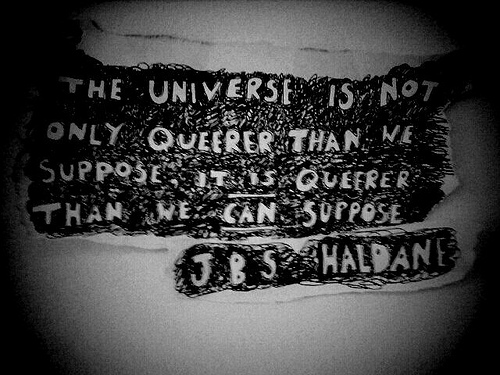Assisted dying, self-deliverance, euthanasia and allowing people to die naturally – all these are hot topics which can only get hotter. I’ve just had this email from CareNotKilling, and anti-assisted dying org:
Channel 4 are giving you the opportunity to voice your views on a series of short films about euthanasia, which are being shown on Channel 4 next week.
Next week ‘4thought.tv’ are exploring attitudes towards euthanasia, and asking whether it should be legalised in Britain.
The 90 second films will be airing after the news every evening on Channel 4 (around 7:55pm) next week. Viewers can then share their own thoughts and feelings about euthanasia, respond to the individual films and reply to other viewer comments on their website www.4thought.tv
Channel 4 are interested in all thoughts related to the films, whether you agree with the speaker or strongly oppose what they say, and hope people will also share personal views and and experiences.
This is a great opportunity to make your views known on such an important issue.
Please watch and respond to the films online by going to: http://www.4thought.tv/
I’d not come across this Channel 4 slot before, and as I surveyed the schedule I reckoned I probably wouldn’t be able to make time to watch most of them. No worries. I can watch them online later and I can still leave a comment. I’ll be doing that for sure.
Over at the Exit blog I read this:
The religious right are already organised: the Independent Catholic News is urging people to respond online and the Church of Scotland is using its blog and facebook. The pro-choice lobby represents 80% of the population, yet when it comes to expressing our thoughts we are way behind. [Source]
Reading that after getting my email from CareNotKilling, I can see what they mean. Exit wants those who support its cause to be sure to get online.
Whichever side you’re on, you may want to do the same. Here’s the schedule:
Lesley Close – sister of an assisted suicide
Monday 17 January, 7.55PM on Channel 4
Lesley Close’s brother John had motor neurone disease. In 2003 Lesley accompanied him to a suicide clinic in Switzerland where she witnessed his ‘dignified and amazing’ death.
Martin Amis – luminary of the literary world
Tuesday 18 January, 7.55PM on Channel 4
Author Martin Amis believes that euthanasia is an evolutionary inevitability. Martin caused controversy by putting forward the idea of suicide booths on street corners and thinks that future generations will look back at how we have abandoned people to their longevity as ‘barbaric’.
Motor neurone disease makes my life richer
Thursday 20 January, 7.55PM on Channel 4
Michael Wenham was diagnosed with motor neurone disease. He believes his life is now richer than it was before his illness and that euthanasia is a selfish act that fails to take account of the feelings of those who are left behind.
A right-to-die activist speaks out
Friday 21 January, 7.25PM on Channel 4
Dr Michael Irwin believes that it is a doctor’s duty to ease a patient’s suffering and wants to see a change in the law that would allow doctor-assisted suicide for those who are terminally ill. He has personally accompanied patients to the Dignitas suicide clinic in Switzerland to help them end their lives.
A terminally ill doctor speaks out
Saturday 22 January, 6.50PM on Channel 4
Dr Ann McPherson has terminal cancer. Ann hopes that, when the time comes, she will be able to have the option of an assisted death in Britain.
A Sunday opponent hopes to round things off
Sunday 23 January, 7.55PM on Channel 4
Kevin Fitzpatrick believes that legalising euthanasia in Britain would be a terrible mistake and that many more disabled people would die as a result. Kevin believes that we should put our energies into improving palliative care services rather than trying to make it easier for people to hasten their deaths.


